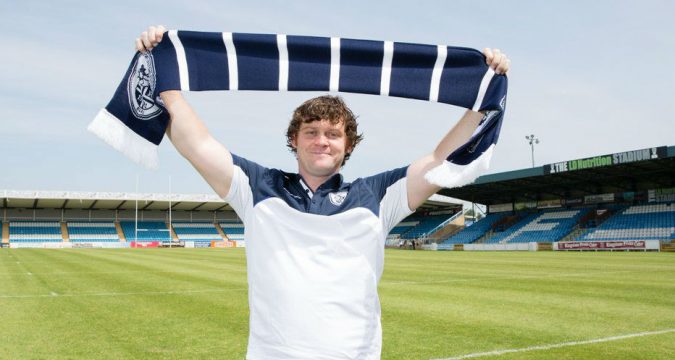 Featherstone’s decision to part ways with Jon Sharp last week came as a shock in most circles.
However the decision to replace him with Swinton Lions coach John Duffy meant the angle of eyebrows tilted just a few degrees higher.
It goes without saying that Duffy’s appointment is a gamble, but it’s safe to say it’s a calculated one.
Featherstone’s decision to part ways with Jon Sharp last week came as a shock in most circles.
However the decision to replace him with Swinton Lions coach John Duffy meant the angle of eyebrows tilted just a few degrees higher.
It goes without saying that Duffy’s appointment is a gamble, but it’s safe to say it’s a calculated one.
COLUMN | Duffy can take Featherstone to the next level
 Featherstone’s decision to part ways with Jon Sharp last week came as a shock in most circles.
However the decision to replace him with Swinton Lions coach John Duffy meant the angle of eyebrows tilted just a few degrees higher.
It goes without saying that Duffy’s appointment is a gamble, but it’s safe to say it’s a calculated one.
Featherstone’s decision to part ways with Jon Sharp last week came as a shock in most circles.
However the decision to replace him with Swinton Lions coach John Duffy meant the angle of eyebrows tilted just a few degrees higher.
It goes without saying that Duffy’s appointment is a gamble, but it’s safe to say it’s a calculated one.
